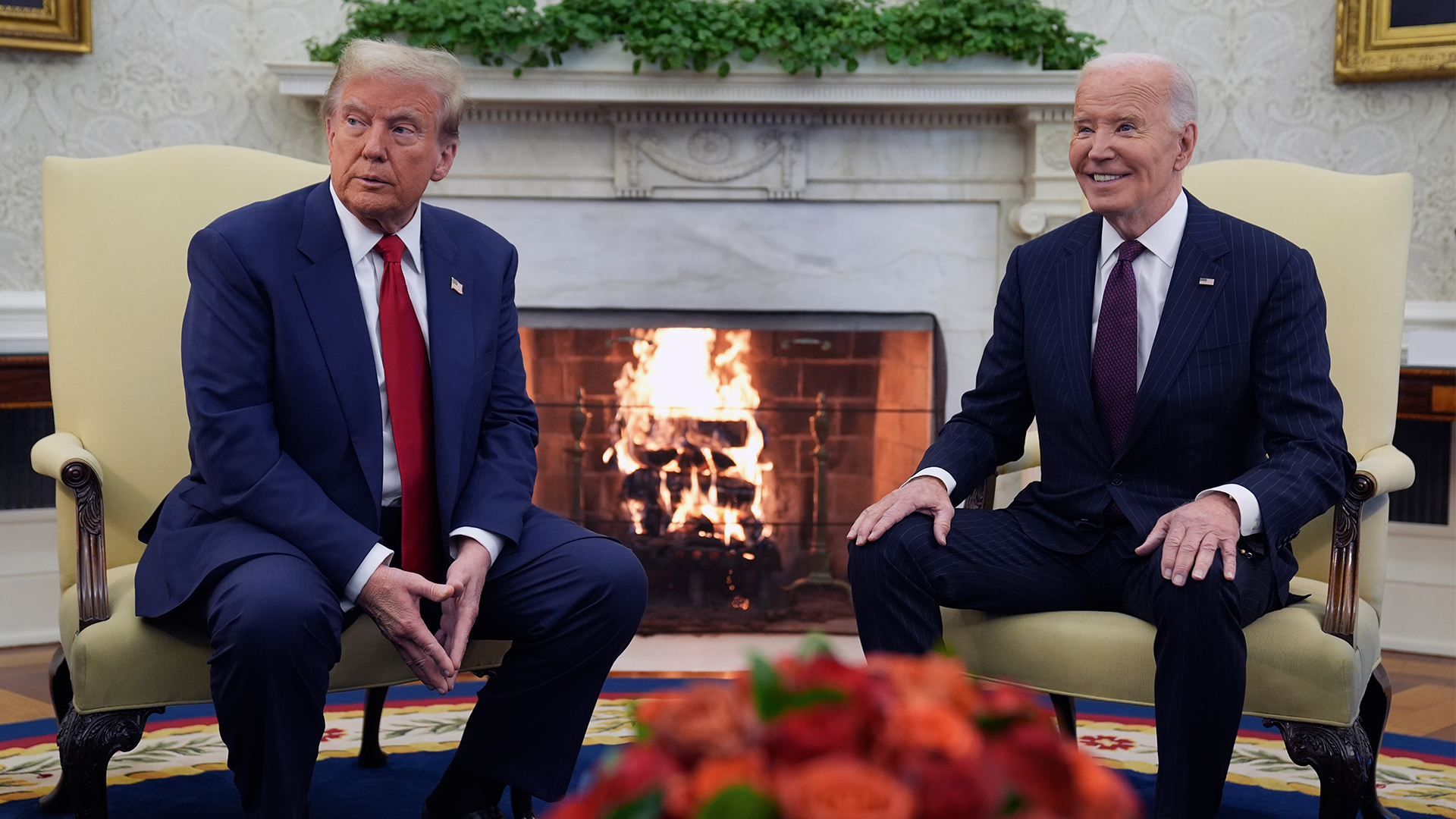The phrase "Qatar's bitch" is undoubtedly provocative, immediately grabbing attention and stirring strong reactions. It's a term that, while crude and often used pejoratively, points to a deeper, more complex discussion about power dynamics, influence, and the intricate web of international relations. This article delves into the nuances behind such a charged expression, not to validate its derogatory nature, but to explore the perceptions and realities of Qatar's role on the global stage, examining how its immense wealth and strategic foreign policy have shaped its relationships and, consequently, how those relationships are sometimes perceived and described in stark, often unflattering, terms.
In the realm of geopolitics, where nations constantly navigate alliances, rivalries, and economic dependencies, the language used to describe these interactions can be highly loaded. Understanding why a term like "Qatar's bitch" might emerge requires looking beyond the immediate shock value and into the economic might, diplomatic maneuvering, and strategic vulnerabilities that define Qatar's interactions with other global players. This exploration aims to provide a balanced perspective on a nation that has, in a relatively short period, risen to significant international prominence, prompting both admiration and intense scrutiny.
Table of Contents
- Qatar: An Economic Powerhouse and Global Player
- Navigating Complex Foreign Policy and Regional Influence
- Addressing Criticisms and Human Rights Concerns
- The Language of Geopolitics: Deconstructing Derogatory Labels
- Managing Global Perceptions: Qatar's Public Diplomacy
- Understanding Complex International Relationships
- Conclusion: Beyond the Provocative Label
Qatar: An Economic Powerhouse and Global Player
Qatar, a small peninsula nation nestled in the Arabian Gulf, has leveraged its colossal natural gas reserves to transform itself into one of the world's wealthiest countries per capita. Its massive sovereign wealth fund, the Qatar Investment Authority (QIA), is a financial titan, holding stakes in major global companies, iconic real estate, and influential financial institutions across continents. From luxury department stores like Harrods in London to significant shares in Volkswagen, Barclays Bank, and even the Empire State Building, QIA's portfolio underscores Qatar's deep financial integration into the global economy. This economic clout provides Qatar with significant leverage and influence on the international stage, far beyond what its modest size or population might suggest. The sheer scale of its investments means that many entities, from major European football clubs to luxury hotel chains and even critical infrastructure, have a financial connection to Qatar. This financial interdependence, while often mutually beneficial, can sometimes lead to perceptions of undue influence, contributing to the kind of cynical language encapsulated by phrases like "Qatar's bitch" when discussing its relationships, implying a transactional and potentially subservient dynamic.
The strategic importance of its liquefied natural gas (LNG) exports further solidifies Qatar's position. As one of the world's largest LNG exporters, particularly in a world increasingly seeking energy security and diversifying away from Russian gas, Qatar finds itself at the heart of global energy geopolitics. Its role as a reliable supplier to Europe and Asia grants it considerable diplomatic weight. This immense economic power forms the bedrock of its assertive and often independent foreign policy, allowing it to pursue diplomatic initiatives and project its influence globally, often challenging traditional regional power structures. The financial muscle enables Qatar to pursue ambitious projects and policies that would be out of reach for many other nations, thereby shaping global conversations and economic landscapes.
Navigating Complex Foreign Policy and Regional Influence
Qatar's foreign policy is characterized by its ambition to punch above its weight, often seeking a mediating role in regional conflicts and maintaining relationships with a diverse array of actors, sometimes to the consternation of its neighbors and Western allies. This independent stance, distinct from the more aligned foreign policies of its Gulf Cooperation Council (GCC) counterparts, has led to both significant diplomatic successes and considerable controversies.
Mediation Efforts and Controversial Alliances


